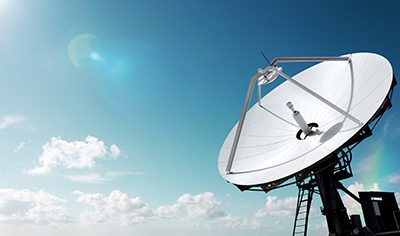Can a Creditors’ Voluntary Liquidation (CVL) affect claims from HMRC on a director’s personal PAYE and NIC debts? Our Business Recovery and Insolvency and Tax experts explain.

If you are a company director, it is important to understand how a CVL can affect your personal debts.
The laws surrounding personal liabilities state that if you are not pursued for an outstanding debt within a six-year period of incurring it, your creditor cannot take it any further. This is referred to as ‘limitation’.
However, following a reported court case in December 2022, a CVL can impact the limitation period for personal liability.
What happens in a Creditors’ Voluntary Liquidation (CVL)?
A CVL generally occurs when a company is unable to pay its debts and the company’s directors voluntarily choose to wind up the insolvent company because there is no prospect of recovery. In order for this to happen, at least 75% (by value of shares) of company shareholders must agree to the winding up, which will pass a ‘winding-up resolution’.
Once the decision has been made, the company must appoint an authorised insolvency practitioner to serve as a liquidator and to lead the liquidation process.
A CVL is different from compulsory liquidation because the company directors are choosing to wind up the company rather than being forced to via court order.
Will a CVL affect your personal PAYE and NIC debts?
In some instances, yes – a CVL effectively overrides the limitation period on personal debts for company PAYE and NIC liabilities, which HMRC had held the directors personally liable for.
In the case of Gary Wagstaff V Revenue and Customs [2022] UKUT 327 (TCC) (6 December 2022), an Upper Tribunal stated that HMRC would be able to pursue the director of a company for personal debts relating to periods more than six years old while his or her company was in CVL. However, HMRC’s right to pursue those debts would cease once the company had been dissolved, which ordinarily occurs well within the six year limitation period.
Navigating a CVL with specialist support
If you need more support or advice on CVLs, contact us today to speak to one of our expert Business Recovery and Insolvency team.




